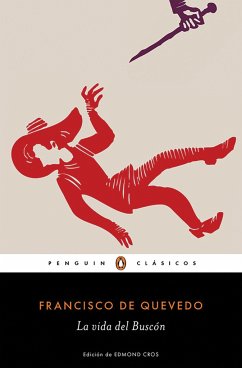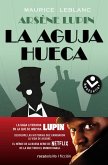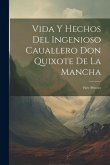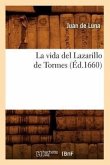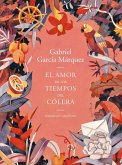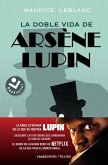The best books ever written. Edition by Edmond Cros, professor emeritus of Spanish and Latin American Literature at the University in Montpellier. The son of a thief and a witch, Pablos, the Swindler, begins to work for a rich young man, lives in Alcalá in the court, and ends up traveling to America. Although its plot isn't very different from other works in the genre, The Swindler isn't your typical picaresque novel. The mastery of its writing, the vivacity and sarcasm in the description of characters and situations, the intelligent cruelty of its anecdotes make it a work that exceeds the limits of its genre, a picaresque novel that turns the archetype up a notch. This edition includes an introduction that contextualizes the work, a system of notes, a timeline, and an essential bibliography, as well as several discussion and debate prompts based on the reading. It is under the care of Edmond Cros, professor emeritus at Paul Valéry University in Montpellier. "When misfortunes begin for someone, it seems like they never stop, that they are linked together, and each one brings more."
Hinweis: Dieser Artikel kann nur an eine deutsche Lieferadresse ausgeliefert werden.
Hinweis: Dieser Artikel kann nur an eine deutsche Lieferadresse ausgeliefert werden.

